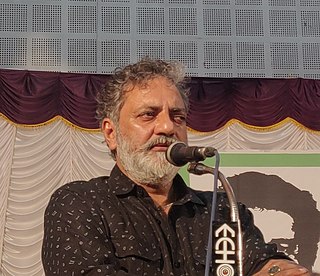A Quote by Marcus Samuelsson
People might not protest for overtly political or social causes, but when they can't feed themselves and their family, they will take to the streets.
Related Quotes
To feed the hungry, clothe the naked and shelter the harborless without also trying to change the social order so that people can feed, clothe and shelter themselves is just to apply palliatives. It is to show a lack of faith in one’s fellows, their responsibilitie s as children of God, heirs of heaven.
But, Jefferson worried that the people - and the argument goes back to Thucydides and Aristotle - are easily misled. He also stressed, passionately and repeatedly, that it was essential for the people to understand the risks and benefits of government, to educate themselves, and to involve themselves in the political process. Without that, he said, the wolves will take over.
No work-family balance will ever fully take hold if the social conditions that might make it possible - men who are willing to share parenting and housework, communities that value work in the home as highly as work on the job, and policymakers and elected officials who are prepared to demand family-friendly reforms - remain out of reach.
In England, the population explosion can be linked very clearly with the enclosure of the commons that uprooted the peasants from their land. In India, it was the same thing: the population increased at the end of the 18th century when the British took over and Indian lands were colonized. Instead of the land feeding Indian people it started to feed the British empire. So we had destitution. Destitute people who don't have their own land to feed themselves can only feed themselves by having larger numbers, therefore they multiply. It's the rational response of a dispossessed people.






































